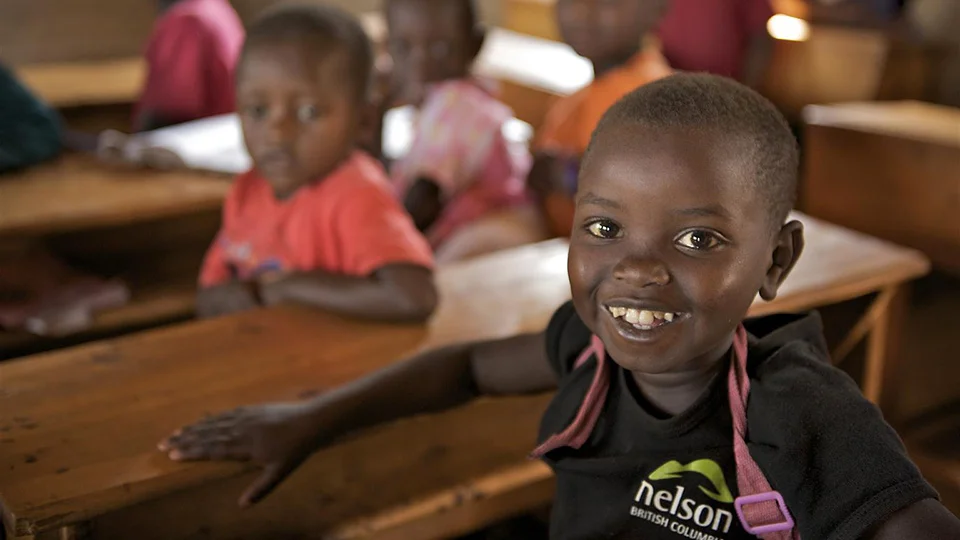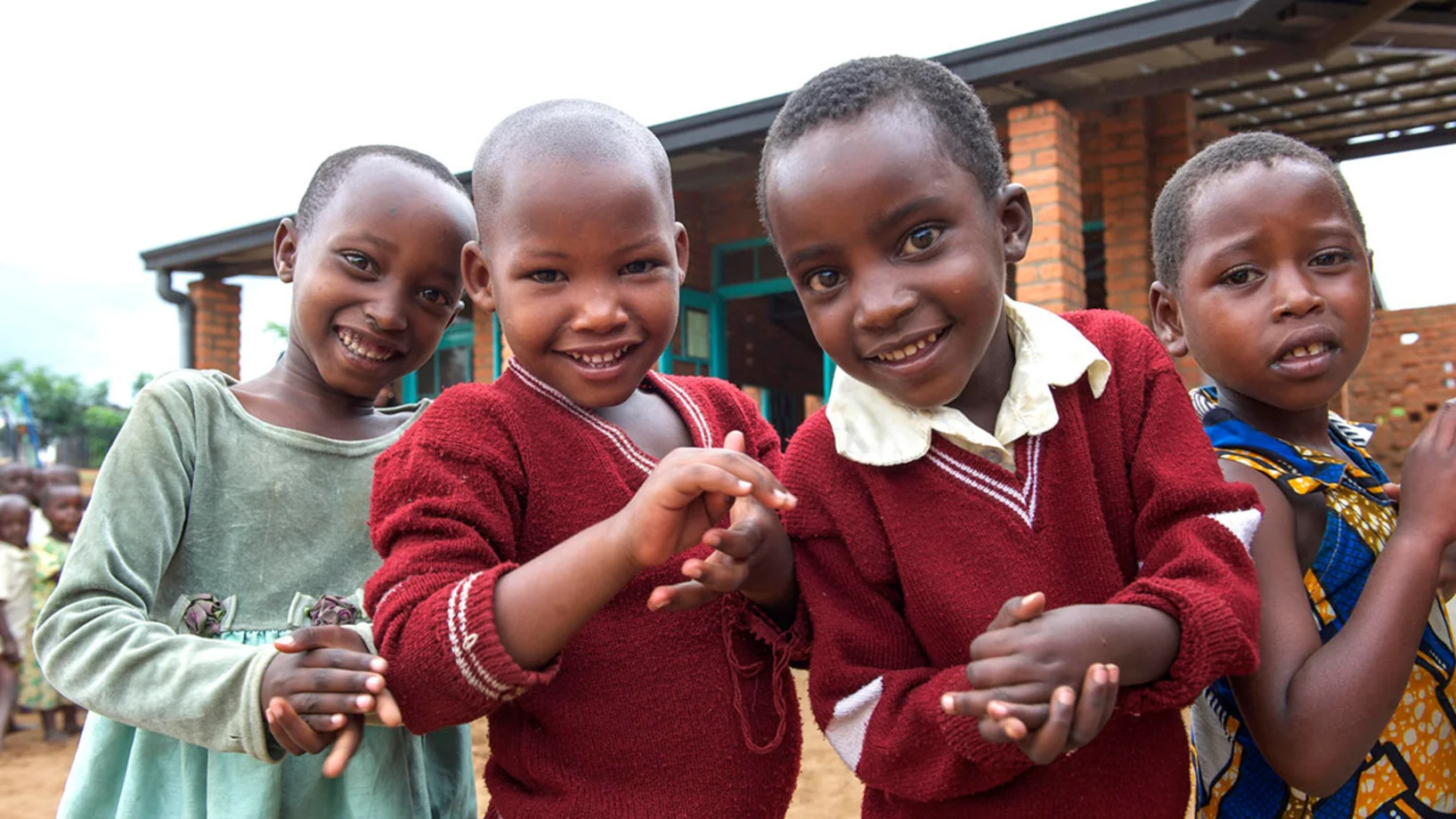In recent years, Rwanda has managed to get virtually all of its children to attend school. It has now become apparent, however, that students’ performance leaves a lot to be desired. The quality of teaching urgently needs to be improved.
The situation
Rwanda, which the world is primarily familiar with due to the brutal genocide that took place in 1994, is today considered a model sub-Saharan country. Over the past two decades, the government has set important developments in motion in both the humanitarian and environmental sphere. For example, Rwanda is one of the few countries to have achieved the Millennium Development Goals.
Rwanda has also achieved impressive success in education, at least in quantitative terms: In recent years, it has managed to get 94 percent of all the country’s children to attend school. But Rwanda’s children still need help. For it is not only the school enrollment rate that counts. The quality of teaching is also crucial. Children can only truly absorb and internalize educational content if their teachers adapt their teaching methods to their students’ actual needs.
One reason for the poor quality of teaching is the insufficient number of teachers. Schools currently have an average of 58 children per classroom. Above all, however, teachers themselves are often poorly trained and have no experience of how to respond to the children’s varying needs and abilities.
How UNICEF helps
In order to bring about a long-term improvement in the quality of education in Rwanda, UNICEF has worked with the country’s Ministry of Education to revise the basic curriculum. The new national strategy includes providing teachers with ongoing support, investing in their training, and guiding them to increasingly teach skills and critical thinking rather than pure knowledge and facts.
The program, which UNICEF Switzerland and Liechtenstein is making a significant financial contribution to, provides for a nationwide system of mentors who help four to five teachers each day select teaching materials and prepare lessons. UNICEF is supporting the ongoing education and training of these mentors.
You can help too.
With a project sponsorship, you can help to ensure that girls and boys in Rwanda enjoy going to school again and acquire the necessary skills for life. We thank you from the bottom of our hearts.



